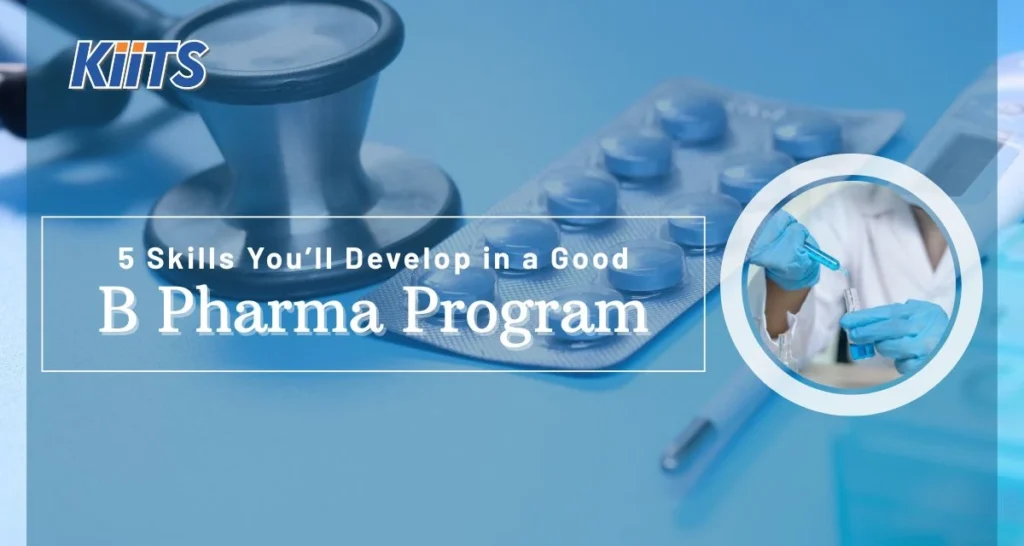Pharmacists are traditionally seen as healthcare professionals focused on dispensing medications and advising patients on their use. However, their role has been evolving, and one of the emerging areas where pharmacists are becoming increasingly involved is genetic counseling and testing. This involvement is pivotal in the era of personalized medicine, where treatments and preventive measures are tailored to the genetic makeup of individual patients. This article delves into the significance of pharmacists’ involvement in genetic counseling and testing, the benefits it offers, the skills required, and the future outlook of this expanding field.
The Role of Pharmacists in Genetic Counseling and Testing

Pharmacists are well-positioned to play a crucial role in genetic counseling and testing due to their extensive knowledge of pharmacology, patient care, and the healthcare system. Their involvement may be labeled into numerous key areas:
- Patient Education and Counseling: Pharmacists can educate patients about the significance of genetic testing, what the tests entail, and how the results can impact their health and treatment plans. This involves explaining complex genetic information in a manner that is understandable to patients, helping them make informed decisions.
- Medication Management: With genetic testing, pharmacists can identify how individual genetic variations affect drug metabolism and response. This allows them to personalize medication regimens, adjusting doses or selecting alternative therapies to enhance efficacy and reduce adverse effects.
- Collaborative Care: Pharmacists work closely with genetic counselors, physicians, and other healthcare professionals to integrate genetic information into comprehensive care plans. This collaborative approach ensures that genetic testing is used effectively in diagnosing and managing various conditions.
- Ethical and Legal Considerations: Pharmacists can help navigate the ethical and legal complexities of genetic testing, ensuring patient confidentiality and informed consent. They play a role in addressing concerns about genetic discrimination and the proper use of genetic information.
Benefits of Pharmacists’ Involvement in Genetic Counseling and Testing

The involvement of pharmacists in genetic counseling and testing offers numerous benefits for both patients and the healthcare system:
- Enhanced Patient Care: By incorporating genetic information into patient care, pharmacists can provide more precise and effective treatments. This reduces trial-and-error prescribing, leading to faster and better health outcomes.
- Improved Medication Safety: Pharmacogenomics, the study of how genes affect a person’s response to drugs, helps pharmacists predict adverse drug reactions and interactions. This enhances medication safety and reduces the risk of harmful side effects.
- Cost-Effective Healthcare: Personalized medicine can lead to more efficient use of healthcare resources. By tailoring treatments to individual genetic profiles, unnecessary treatments and hospitalizations can be minimized, reducing overall healthcare costs.
- Empowered Patients: Pharmacists’ involvement in genetic counseling empowers patients with knowledge about their genetic health. This enables patients to take an active role in their healthcare decisions and lifestyle choices.
Skills and Training Required for Pharmacists

To effectively participate in genetic counseling and testing, pharmacists need specialized training and skills. These include:
- Genetic and Genomic Knowledge: Pharmacists must have a solid understanding of genetics, genomics, and pharmacogenomics. This includes knowledge of genetic testing methods, interpretation of test results, and their implications for drug therapy.
- Communication Skills: Effective communication is essential for explaining complex genetic information to patients and collaborating with other healthcare professionals. Pharmacists must be adept at simplifying scientific concepts and addressing patient concerns.
- Ethical and Legal Awareness: Pharmacists should be familiar with the ethical and legal aspects of genetic testing. This includes patient consent, confidentiality, and the ethical use of genetic information.
- Continuing Education: The field of genetics is rapidly evolving. Pharmacists must engage in continuous education to stay updated on the latest advancements and best practices in counseling and testing.
Case Studies and Examples
-
-
An anticoagulant with a low healing index is warfarin.
An anticoagulant with a limited therapeutic index is warfarin. Variations in the CYP2C9 and VKORC1 genes can have a substantial effect on the organism’s metabolism and reaction. Genetic testing is a tool that pharmacists can use to customize warfarin therapy and lower the risk of bleeding or clotting issues.
Case Study 2: Treatment for Breast Cancer:
Genetic testing for BRCA1 and BRCA2 mutations can help determine the best course of treatment for breast cancer patients. When interpreting test results and offering advice on the usage of targeted treatments, like PARP inhibitors, pharmacists can be helpful.
-
-
Case Study 3: Opioid Prescribing:
- Genetic variations in the CYP2D6 gene affect the metabolism of opioids. Pharmacists can use genetic information to identify patients who may be at higher risk for opioid toxicity or poor pain control, allowing for safer and more effective pain management.
Emerging Trends and Obstacles
However, numerous demanding situations want to be addressed, with potential for significant advancements in personalized medicine. However, numerous demanding situations want to be addressed:
- Education and Training: There is a need for comprehensive educational programs to equip pharmacists with the necessary genetic and genomic knowledge. Integrating genetics into pharmacy curricula and providing continuing education opportunities are essential steps.
- Interdisciplinary Collaboration: Successful implementation of genetic counseling and testing requires strong collaboration among healthcare professionals. Building effective interdisciplinary teams is crucial for optimizing patient care.
- Policy and Regulation: Clear policies and regulations are needed to guide the use of genetic testing in pharmacy practice. This includes addressing issues of reimbursement, genetic discrimination, and the ethical use of genetic information.
- Public Awareness: Increasing public awareness about the benefits and limitations of genetic testing is essential. Pharmacists can play a key role in educating patients and the community about the potential of personalized medicine.
Conclusion
Pharmacists’ involvement in genetic counseling and testing represents a significant advancement in personalized medicine. By leveraging their expertise in pharmacology and patient care, pharmacists can enhance the precision and effectiveness of treatments, improve medication safety, and empower patients with genetic knowledge. As the field of genetics continues to evolve, pharmacists will play an increasingly vital role in integrating genetic information into comprehensive healthcare, ultimately leading to better health outcomes for patients.
This evolving role signifies a transformative shift in the healthcare landscape, where pharmacists are not just dispensers of medications but integral parts of the genetic counseling and testing process. This integration will not only improve patient outcomes but also optimize healthcare resources and foster a more personalized approach to medicine.








